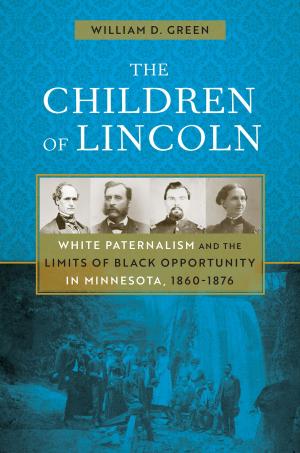A Citizen's Guide to the U.S. Constitution;
Nonfiction, Reference & Language, Law, Constitutional, History, Americas| Author: | Frank Schwartz | ISBN: | 9781310924309 |
| Publisher: | Frank Schwartz | Publication: | April 3, 2015 |
| Imprint: | Smashwords Edition | Language: | English |
| Author: | Frank Schwartz |
| ISBN: | 9781310924309 |
| Publisher: | Frank Schwartz |
| Publication: | April 3, 2015 |
| Imprint: | Smashwords Edition |
| Language: | English |
A primary duty of U.S. citizenship is to be at least familiar with the basic fundamentals of our Constitutional form of government so that one can meaningfully participate in the rights and obligations of American citizenship. As stated by Supreme Court Justice Stephen Breyer, "Our democratic Constitution assumes a public that participates in the government it creates. It also assumes a public that understands how government works." It is the hope and purpose of A Citizen's Guide to the U.S. Constitution: An Introduction to the Essential Nature of the Constitution, to empower its readers to become the kind of active and knowledgeable citizen's envisioned by Justice Breyer.
The book begins with a discussion of pre-Constitutional history, including the Declaration of Independence and the Articles of Confederation, so that the nature of the Constitution, as well as the intent of its Framers, can be fully appreciated. The book then identifies the fundamental principles and clauses of the Constitution and their meanings in the context of Supreme Court decisons. Among the fundamental Constitutional principles discussed are Popular Sovereignty, Limited Government,, Separation of Powers , Federalism and Judicial Review. Among the key Constitutional clauses discussed are the Commerce Clause, Due Process Clause, Equal Protection Clause, Free Speech Clause and Freedom of Religion Clause. All discussion is basic, introductory and therefore easily understandable. It is specifically not the purpose of this book to present an exhaustive and scholarly examination of Constitutional law. Rather, it is to provide a starting point to a better understanding of the Constitution's essential character, and thereby encourage those who wish to do so to pursue a more in depth understanding elsewhere.
A primary duty of U.S. citizenship is to be at least familiar with the basic fundamentals of our Constitutional form of government so that one can meaningfully participate in the rights and obligations of American citizenship. As stated by Supreme Court Justice Stephen Breyer, "Our democratic Constitution assumes a public that participates in the government it creates. It also assumes a public that understands how government works." It is the hope and purpose of A Citizen's Guide to the U.S. Constitution: An Introduction to the Essential Nature of the Constitution, to empower its readers to become the kind of active and knowledgeable citizen's envisioned by Justice Breyer.
The book begins with a discussion of pre-Constitutional history, including the Declaration of Independence and the Articles of Confederation, so that the nature of the Constitution, as well as the intent of its Framers, can be fully appreciated. The book then identifies the fundamental principles and clauses of the Constitution and their meanings in the context of Supreme Court decisons. Among the fundamental Constitutional principles discussed are Popular Sovereignty, Limited Government,, Separation of Powers , Federalism and Judicial Review. Among the key Constitutional clauses discussed are the Commerce Clause, Due Process Clause, Equal Protection Clause, Free Speech Clause and Freedom of Religion Clause. All discussion is basic, introductory and therefore easily understandable. It is specifically not the purpose of this book to present an exhaustive and scholarly examination of Constitutional law. Rather, it is to provide a starting point to a better understanding of the Constitution's essential character, and thereby encourage those who wish to do so to pursue a more in depth understanding elsewhere.















